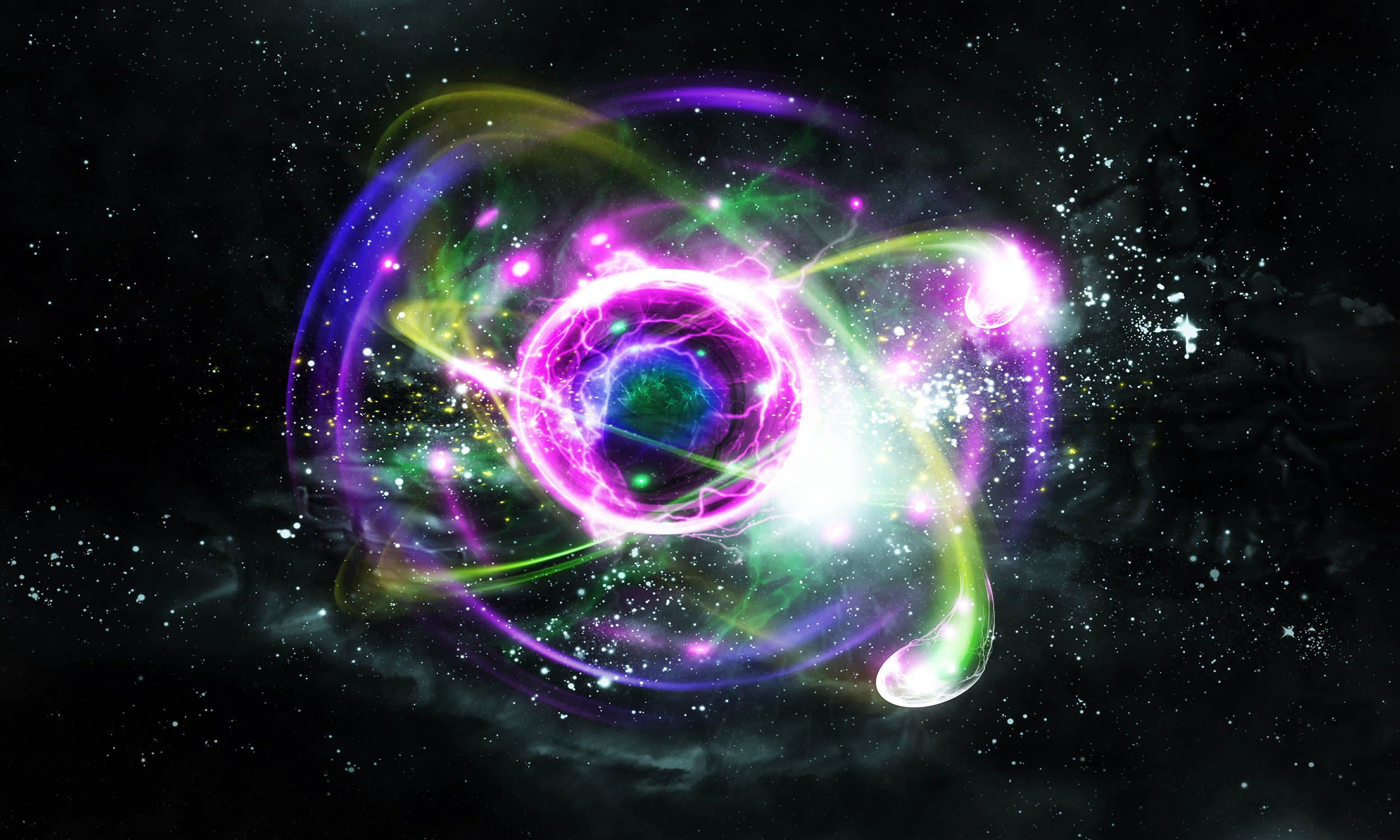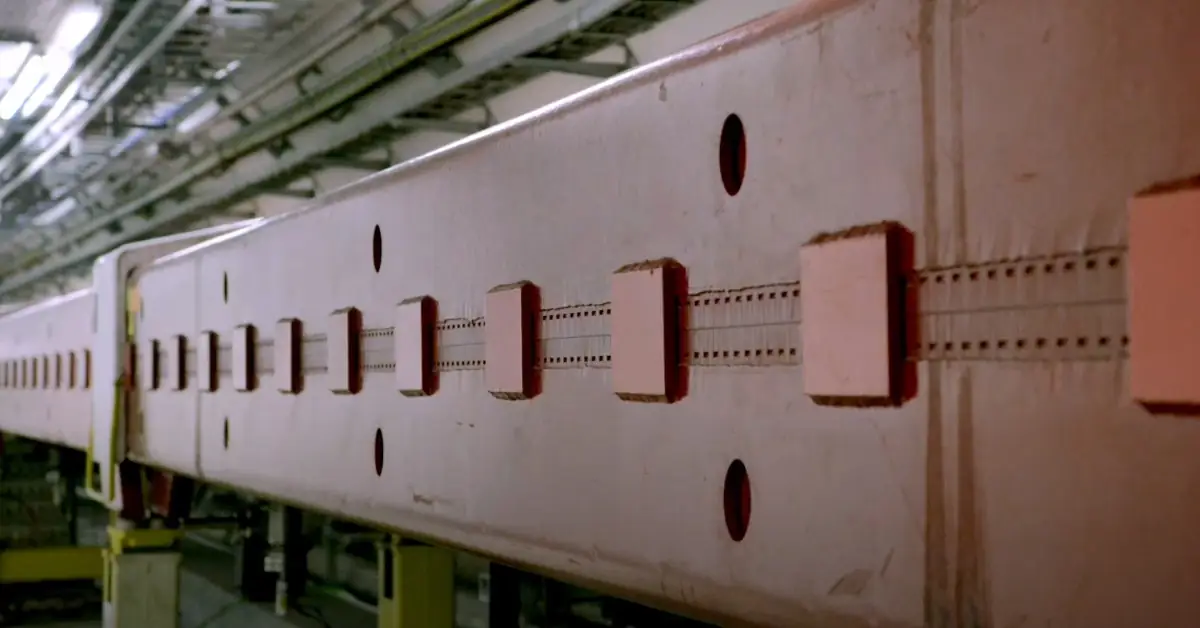
For the first time, researchers observed a type of quasiparticle that behaves in an unusual way. It only has mass moving in one direction.

This discovery may shed light on new physics, taking us closer to breakthroughs in particle interactions beyond the Standard Model.

In a scientific first, a team led by physicists at the University of California, Irvine has detected neutrinos created by a particle collider.

Neutrinos do not go faster than light, according to fresh measurements of a test last year that had suggested the particles broke the Universe

(PhysOrg.com) -- A simple atomic nucleus could reveal properties associated with the mysterious phenomenon known as time reversal and lead to an explanation for one of the greatest mysteries of physics: the imbalance of matter and antimatter in the universe.

(PhysOrg.com) -- An incredibly rare sub-atomic particle decay might not be quite as rare as previously predicted, say Cornell researchers. This discovery, culled from a vast data set at the Collider Detector at Fermilab (CDF), is a clue for physicists trying to catch glimpses of how the universe began.